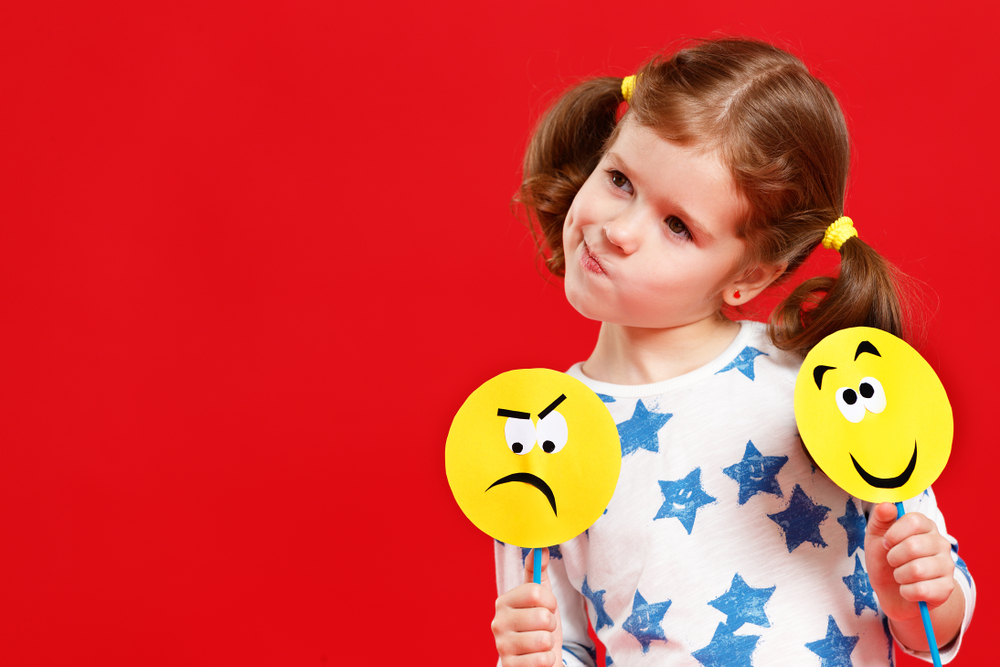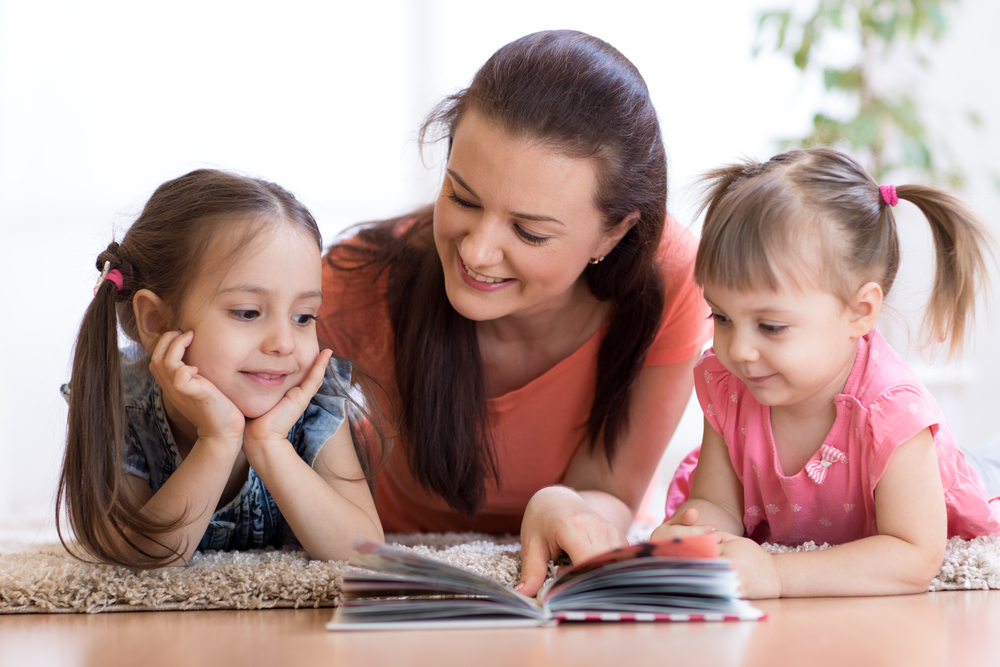Understanding citizenship Worksheets for Ages 3-6
6 filtered results
-
From - To
Welcome to our "Understanding Citizenship Worksheets" for ages 3-6! These engaging and interactive worksheets are designed to introduce young learners to the crucial concepts of citizenship, community, and responsibility. Through fun activities and colorful illustrations, children will explore the importance of helping others, sharing, and respecting differences. Each worksheet supports early childhood education by enhancing critical thinking and social skills while fostering a sense of belonging within their community. Perfect for classroom or home use, these worksheets lay the foundation for active citizenship and promote valuable life lessons in an enjoyable and age-appropriate manner. Empower your little learners today!
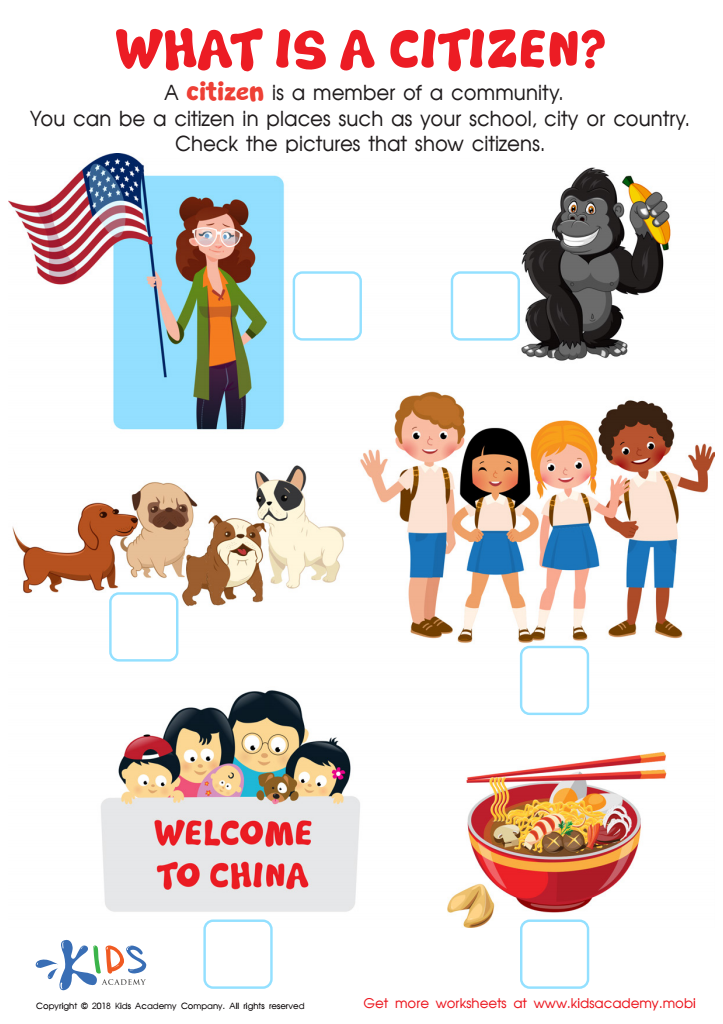

What is a Citizen? Worksheet
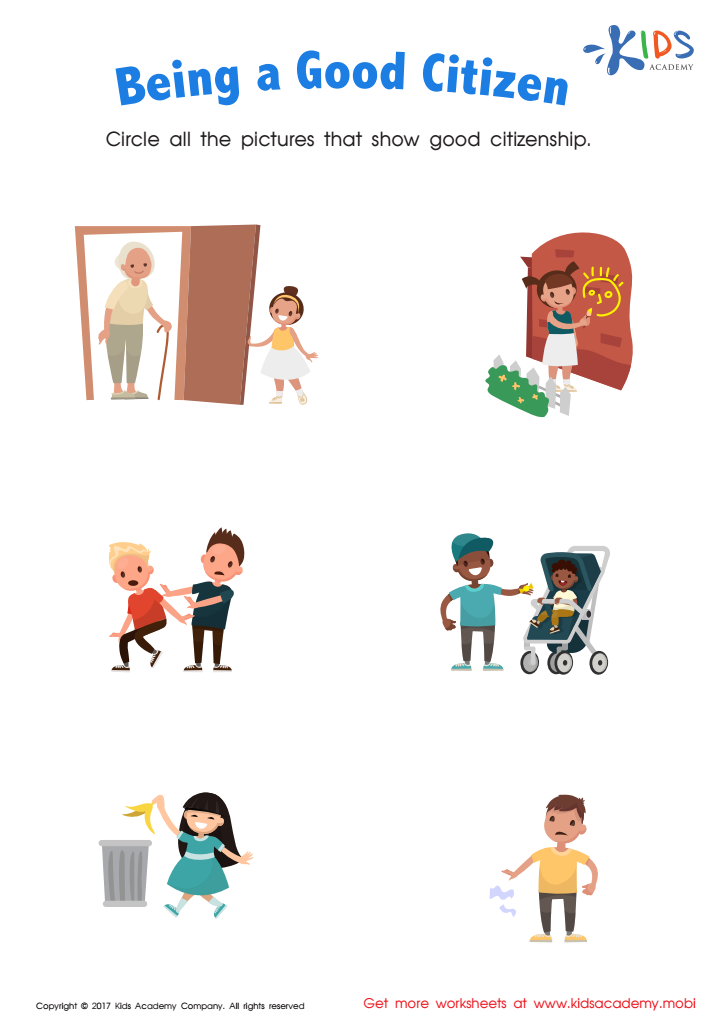

Being a Good Citizen Printable
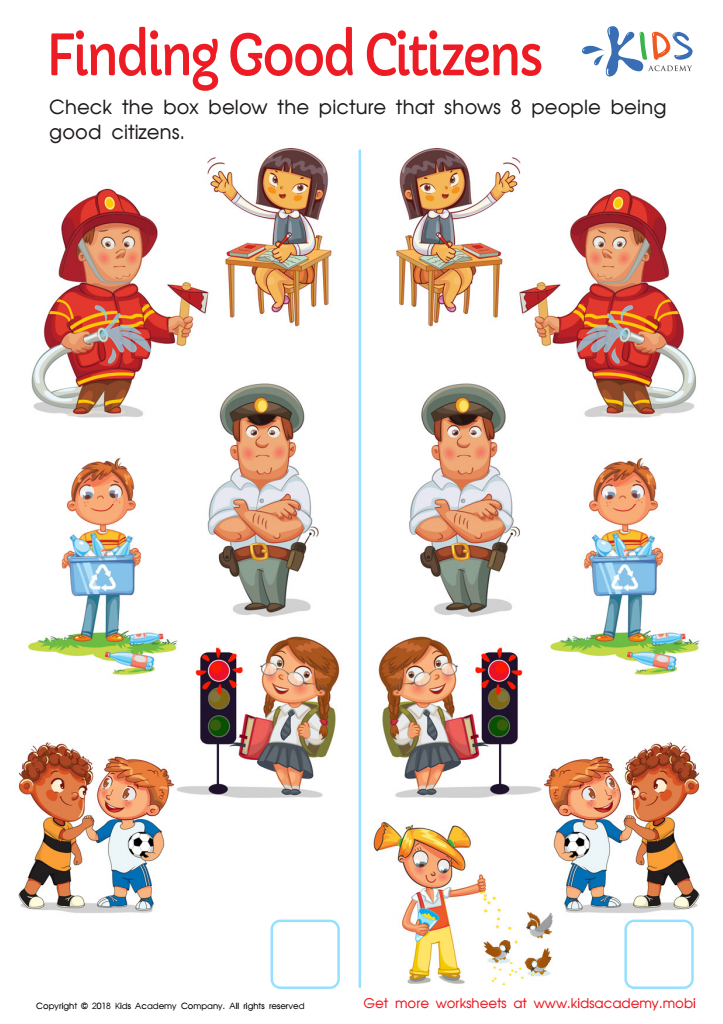

Finding Good Citizens Worksheet
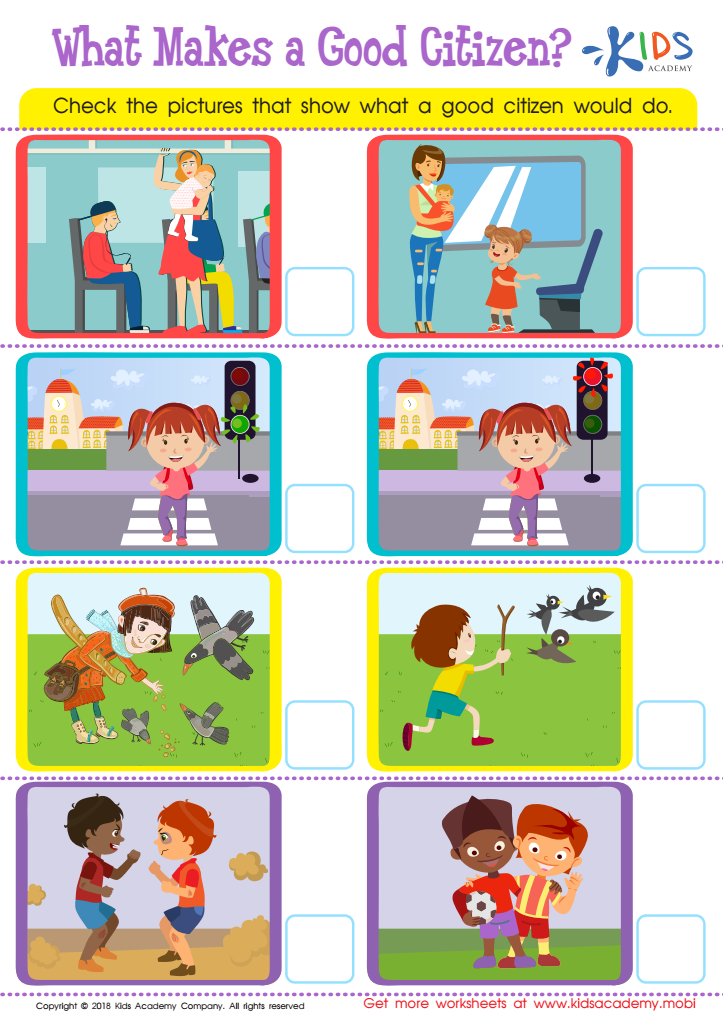

What Makes a Good Citizen? Worksheet
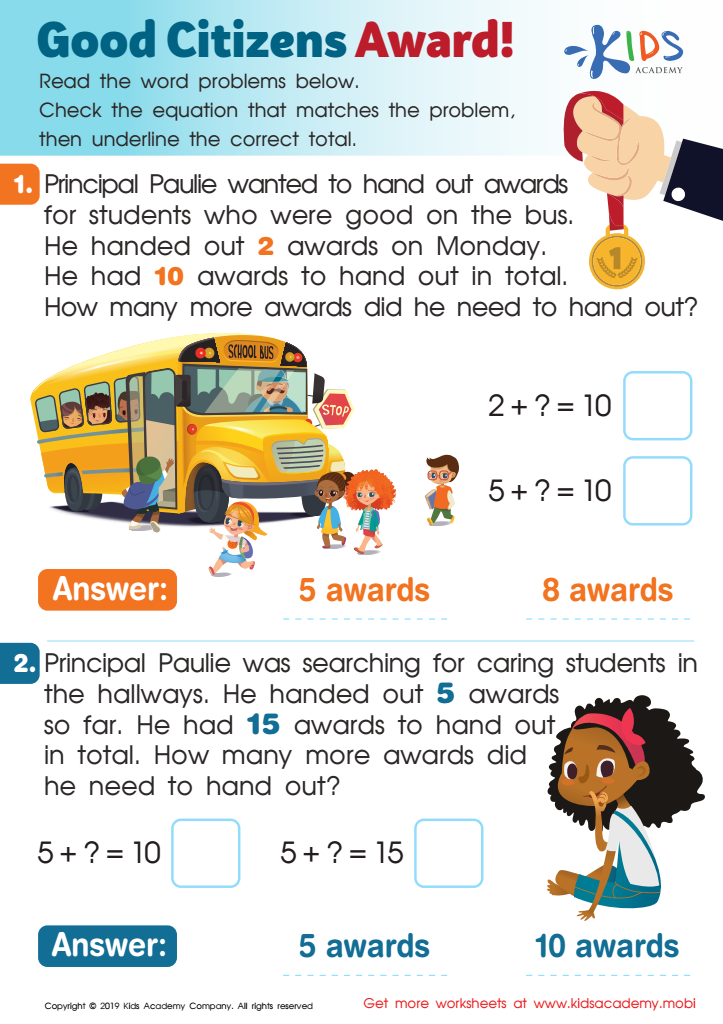

Good Citizens Award! Worksheet
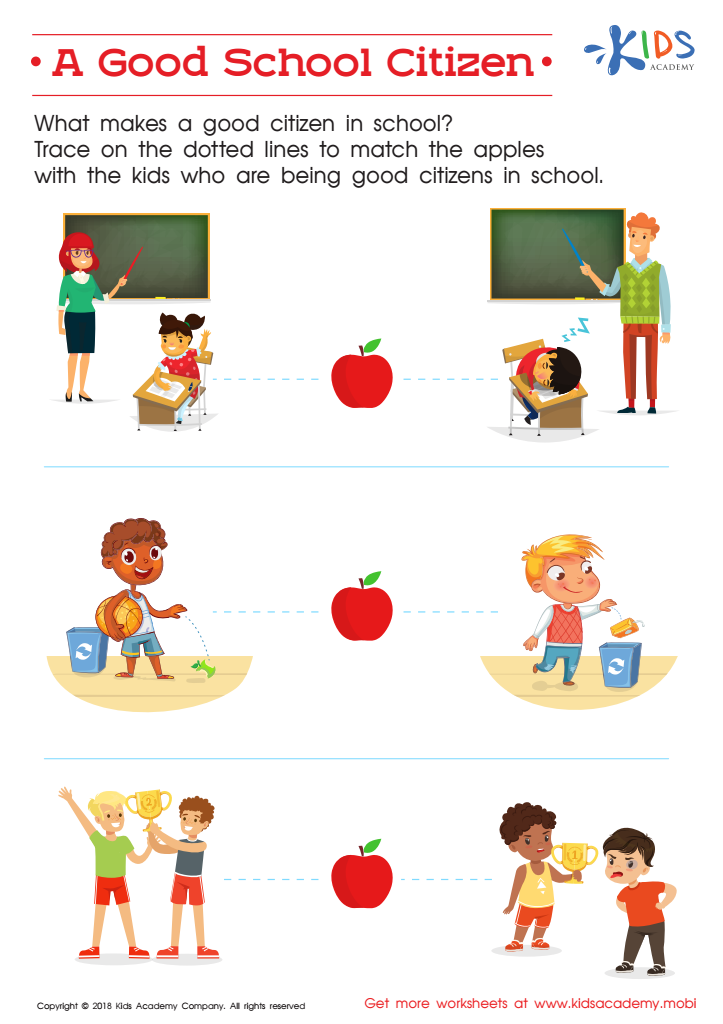

A Good School Citizen Worksheet
Understanding citizenship is vital for children aged 3-6 as it lays the foundation for their development as empathetic and responsible individuals. At this early age, children begin to form their identities and understand their place in the world. Learning about citizenship fosters a sense of belonging and community, helping them recognize the value of diversity and the importance of respecting others.
Parents and teachers play a crucial role in nurturing these ideals. They can introduce concepts of fairness, sharing, and cooperation through activities and storytelling, making complex ideas accessible and relatable. Engaging children in discussions about rights and responsibilities encourages them to think critically about their actions within a group, promoting accountability and respect.
Furthermore, instilling citizenship values early promotes emotional intelligence, empathy, and social skills, preparing children for future interactions in school and society. Engaging with their peers, understanding different perspectives, and resolving conflicts are skills rooted in foundational citizenship education.
In summary, early education about citizenship creates a positive and inclusive environment, teaching children not only to appreciate their own rights but also the rights of others, fostering a more harmonious community and paving the way for informed, active participation in society as they grow.
 Assign to My Students
Assign to My Students



